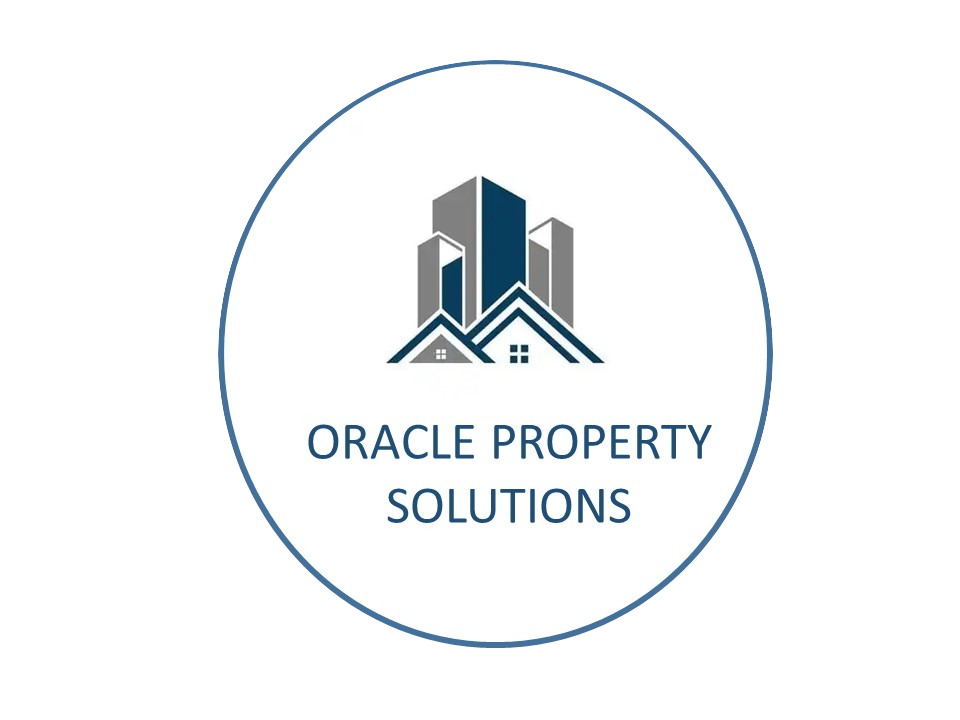If you work with a financial planner, you likely meet with them at least once a year to review your portfolio and make strategic adjustments. But have you ever considered doing the same for your rental properties?
Many investors overlook the fact that real estate is not just a side income—it’s a critical part of their investment portfolio. And like any other asset, it requires deliberate planning, performance review, and future-focused strategy.
At Oracle Property Solutions, we encourage our clients to schedule an annual planning meeting to take stock of their property’s performance and prepare for the year ahead. Here's what we cover—and why it matters.
1. 📈 Income Review: Is It Time to Adjust the Rent?
One of the most important aspects of your annual review is evaluating rental income:
Should the rent be increased based on current market trends?
Has the cost of property ownership risen (taxes, insurance, maintenance)?
Is the current rent rate competitive with similar properties in the area?
Some owners choose to raise rent annually, while others avoid increases for fear of tenant turnover. However, not adjusting rent regularly can gradually erode your cash flow. Your property manager can help you strike a balance between tenant retention and maximizing income.
2. 💸 Expense Audit: What Did the Property Cost You Last Year?
Let’s take a look at:
Fixed expenses like insurance, HOA fees, property taxes, and utilities
Recurring costs such as landscaping, pest control, or management fees
Unexpected repairs that cropped up over the past 12 months
Understanding your past expenses helps you build a more accurate budget for the coming year—and plan for unexpected costs before they become financial burdens.
3. 🏦 Building Reserves: Planning for the Inevitable
Every rental property will eventually need big-ticket repairs—a roof, water heater, HVAC system, or window replacements. The best way to prepare for these costs is to set up a reserve fund.
Oracle can help you estimate:
Cost and lifespan of major components
A realistic timeline for replacement
A monthly “hold-back” to build your reserve gradually
Having reserves in place prevents deferred maintenance and avoids financial strain. It also helps protect your investment’s long-term value.
4. 🏚️ Anticipating Vacancy: Plan Ahead, Not in Panic
If you expect a tenant to move out this year, your annual meeting is the perfect time to plan:
Will the unit need a turnover refresh or remodel?
Should you adjust the rent before re-listing?
What reserves should you set aside for the vacancy window?
Strategic planning now means you're ready when the lease ends—not scrambling later.
5. 🏗️ Long-Term Capital Improvements: Protecting Your Asset
Take time to assess the overall health of your property:
Roof, siding, and foundation
HVAC, plumbing, and electrical systems
Appliances, windows, doors, fences, decks, landscaping
Discussing these areas with your property manager allows you to prioritize upgrades and time them around tenant occupancy and budget availability.
6. 🧾 Other Key Considerations for Planning
There are many life events and financial changes that could impact your property strategy. Your annual planning session is also a good time to think about:
Estate or tax planning
Mortgage refinancing
Retirement or job relocation
College tuition or elder care for family
These larger goals may influence how you handle equity, reserve funds, or whether you hold or sell the property.
💬 Let’s Plan Together
At Oracle Property Solutions, we believe proactive planning is key to maximizing your investment. Your annual planning meeting isn’t just about numbers—it’s about aligning your property performance with your personal and financial goals.
We’ll help you:
Review income and expenses
Budget for improvements
Build appropriate reserves
Adjust strategy based on your evolving needs
Whether you're a hands-off investor or deeply involved in your portfolio, your property manager should be a trusted partner in achieving both short-term returns and long-term value.
📅 Schedule your annual property planning session today—because smart investing starts with smart management.


